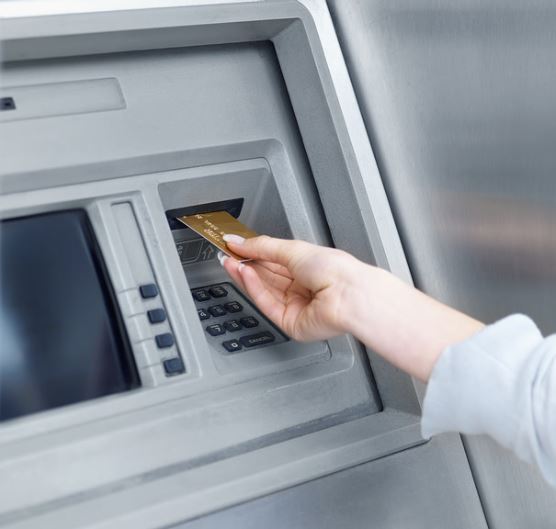
Many people already have received their second “stimulus check” as a direct deposit, and the IRS has begun sending out paper checks, too. Some taxpayers will get the money on a debit card.
The payment amount falls short of what many officials were hoping for, so you may be disappointed. More money could come after President-elect Joe Biden takes office on Jan. 20 — but for now, you might want to find other relief on your own.
Democrats and outgoing President Donald Trump made a last-ditch push to raise the amount to $2,000, but that proposal died in the Republican-led U.S. Senate. On Twitter, Trump called the $600 checks “measly.”
The IRS says in a news release that payments are automatic for eligible taxpayers including: anyone who filed a 2019 return; Social Security recipients; and Veterans Affairs beneficiaries who didn’t file a tax return.
The money phases out for taxpayers with adjusted gross income over $75,000 for individuals and $150,000 for married couples who file jointly.
Americans have been eager for additional relief money. A survey from the U.S. Bureau of Labor Statistics found close to 60% used their first checks to cover basic expenses like groceries and utility bills.
Some also invested the cash, the survey said, or used it for other, unspecified things. Those may have included buying affordable life insurance; sales of life insurance policies have spiked during the pandemic.
Biden has called the new cash a “down payment” and said he’ll get a round of $2,000 checks “out the door” if control of the Senate flips to the Democrats. That may happen as a result of Tuesday’s Senate runoff elections in Georgia.
But if your family is barely getting by and needs more than $600 right now, here are ways to pull together more money on your own:
-
Shrink your spending. Shed any subscription services you’re not using. Stop ordering carryout so much and do more of your own cooking. And download a free browser add-on that will save you money when you shop online, by automatically checking for coupons and better prices.
-
Slash the cost of your debt. If you’ve been relying on your credit cards a lot during the coronavirus crisis, you’re probably piling on interest. Cut the cost of your credit card debt — and make it go away more quickly — by rolling your balances into a single debt consolidation loan at lower interest.
-
Shave money off your insurance costs. As Americans have reduced their driving because of coronavirus quarantining, many car insurance companies have lowered their rates. If your insurer won’t cut you a break, it’s time to shop around for a better deal. You also might save hundreds on your homeowners insurance by comparing rates to get a better price.
-
Refinance your mortgage. Mortgage rates are at record lows that are stunning, and refinancing your current home loan could provide huge savings. Mortgage tech and data provider Black Knight says 19.4 million U.S. homeowners could cut their monthly house payments by an average $308 per month through a refi.
Source: http://yhoo.it/3besrqc
Author: Doug Whiteman
